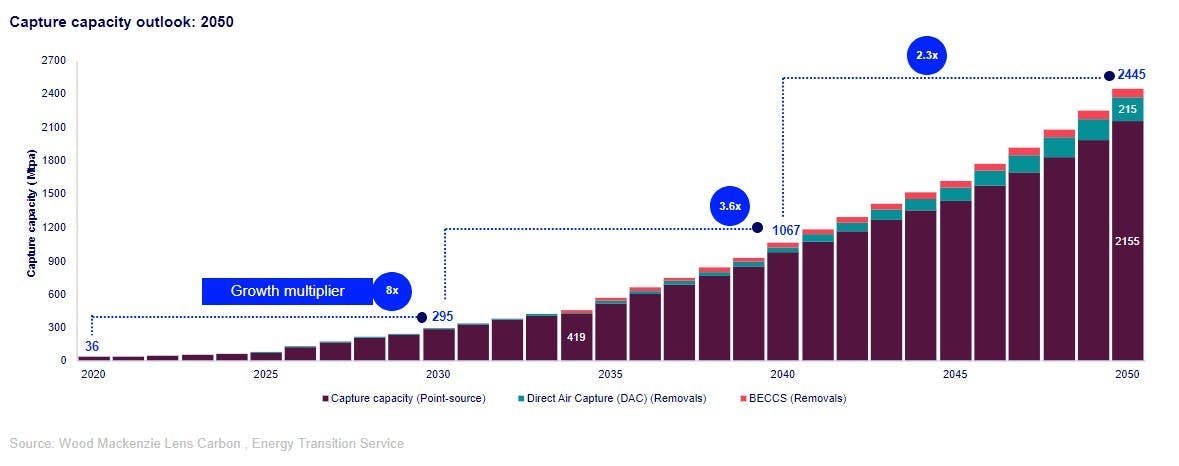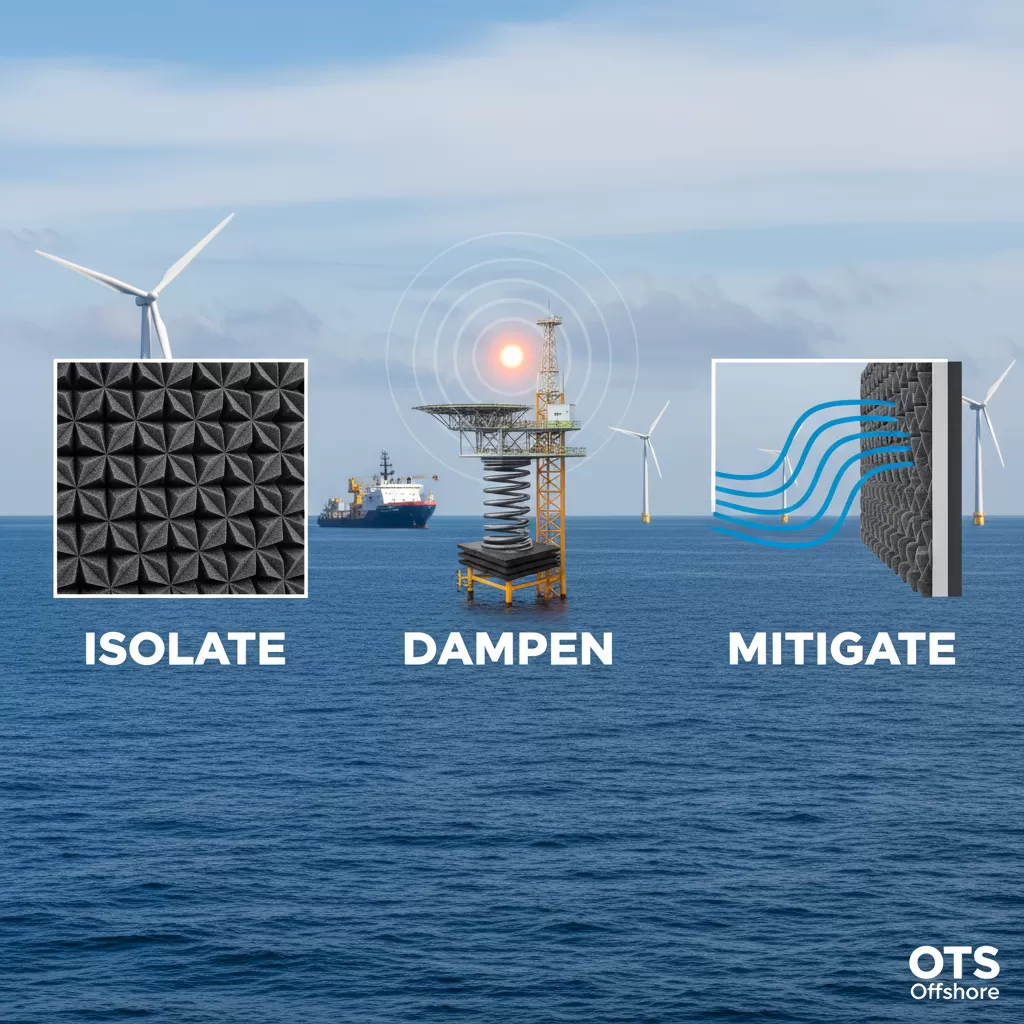**Investment Constraints Halt Advance of Carbon Capture Industry, According to Wood Mackenzie**


The development of Carbon Capture, Utilization, and Storage (CCUS) projects continues to face significant challenges, as highlighted by recent insights from Wood Mackenzie. Despite the surge in announced projects, many are still in the early stages of development and require substantial investment and market certainty to progress.
**Current State of CCUS Projects**
Wood Mackenzie is currently tracking over 1,200 announced CCUS projects globally. However, only about 10% of these projects have transitioned to operational status, indicating a substantial gap between announcement and implementation. More than 60% of the projects are in the early stages of development, highlighting the need for sustained investment and policy support to move them forward. The lack of concrete incentives is particularly concerning, as the current regulatory landscape does not adequately address the long-term economic viability of these projects.
### Policy and Regulatory Frameworks
The necessity for robust regulatory and policy frameworks cannot be overstated. Peter Findlay, Wood McKenzie’s research director and head of CCUS economics, emphasized that existing incentives are not sufficient to drive the necessary investments in CCUS. “We need appropriate CCUS regulation and support,” he said, noting that current policies do not provide the necessary certainty for developers to commit to these projects over long timelines.
### Government Support and Investment Initiatives
Despite the challenges, several government initiatives and funding programs are providing critical support to the CCUS industry. The US Department of Energy, for example, has recently announced more than $2 billion in CCUS funding. Major players are also entering the market, which could lead to a decrease in costs. Wood McKenzie estimates that CCUS costs could fall by 50% by 2050 in real terms. However, the current system of incentives often falls short of providing the necessary market certainty for investors to commit to prolonged projects.
### Regional Variations and Future Prospects
The Asia-Pacific region, which includes key emitting countries like China and India, faces significant development constraints. The lack of policy, regulatory frameworks, and funding support is leading to a substantial capacity shortfall. In contrast, regions like North America and Europe are witnessing robust investment and policy support, with countries like the US, UK, and Canada committing substantial funds to CCUS projects.
### Hub-Based Storage Ecosystems
To address the capacity gaps, Wood Mackenzie has proposed the development of hub








